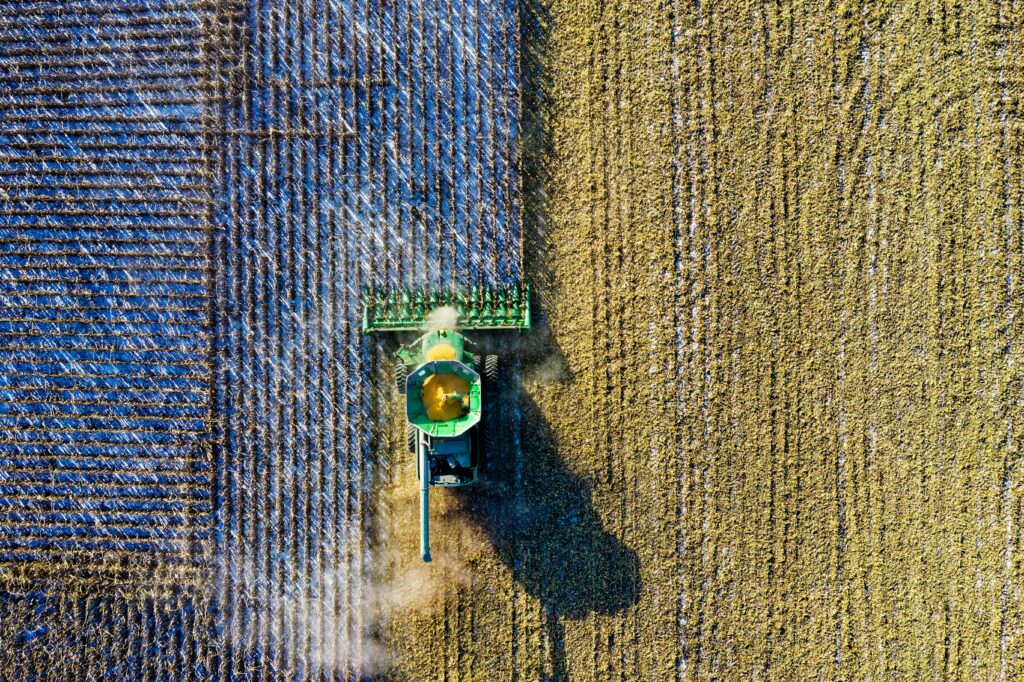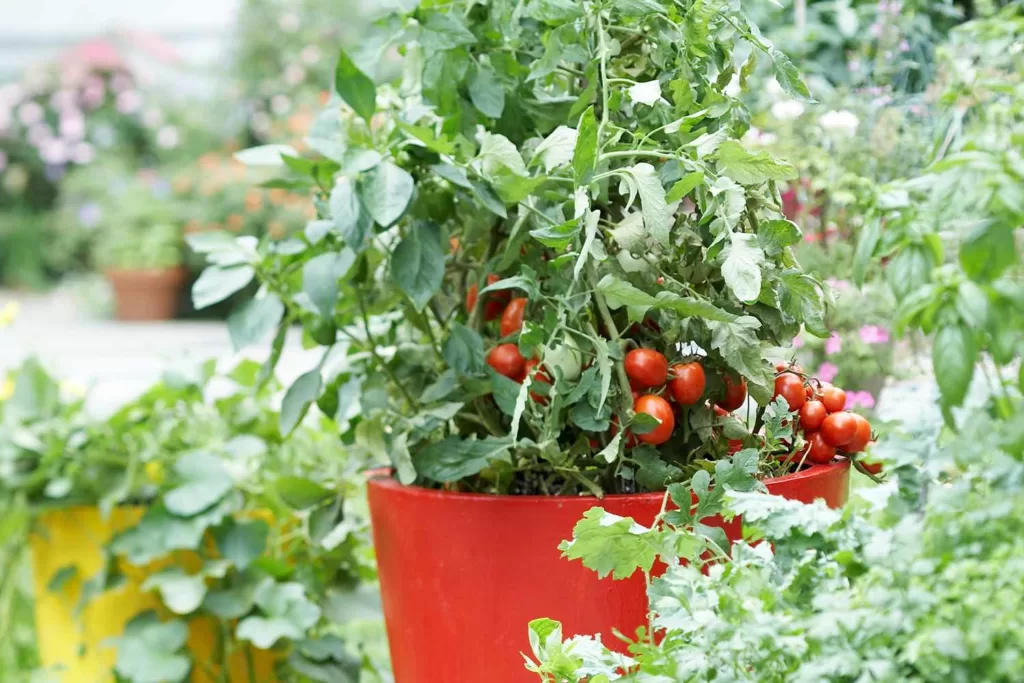The best cash crop for a small farm will depend on a variety of factors, including the location of the farm, the climate and soil conditions, and the resources and infrastructure available. Some crops that may be well-suited for small farms include:
- Specialty crops: Specialty crops, such as fruits, nuts, and vegetables, can be profitable for small farms because they often command higher prices than commodity crops, such as corn and soybeans. These crops may also be well-suited for direct-marketing channels, such as farmers’ markets or community-supported agriculture programs.
- Herbs: Herbs can be grown in small spaces and may be in high demand from chefs, breweries, and other specialty markets.
- Cut flowers: Cut flowers can be grown in small spaces and may have a long season, making them a good option for small farms.
- Microgreens: Microgreens are small, young plants that are often used as a garnish or as a salad green. They can be grown in small spaces and may have a short growing season, making them a good option for small farms.
- Livestock: Depending on the resources and infrastructure available, small farms may also be able to raise livestock, such as chickens, goats, or bees, which can provide a source of income through the sale of meat, milk, or honey.
It is important to research the specific requirements and challenges of different crops before deciding which ones to grow, and to consider the market
What is the easiest and most profitable crop to grow?
The easiest and most profitable crop to grow will depend on a variety of factors, including the location of the farm, the climate and soil conditions, and the resources and infrastructure available. In general, crops that are well-suited to the local climate and soil conditions and that have a strong demand in the market may be the most profitable. Some crops that may be easy to grow and profitable include:
- Specialty crops: Specialty crops, such as fruits, nuts, and vegetables, can be profitable for small farms because they often command higher prices than commodity crops, such as corn and soybeans. These crops may also be well-suited for direct-marketing channels, such as farmers’ markets or community-supported agriculture programs.
- Herbs: Herbs can be grown in small spaces and may be in high demand from chefs, breweries, and other specialty markets.
- Cut flowers: Cut flowers can be grown in small spaces and may have a long season, making them a good option for small farms.
- Microgreens: Microgreens are small, young plants that are often used as a garnish or as a salad green. They can be grown in small spaces and may have a short growing season, making them a good option for small farms.
- Livestock: Depending on the resources and infrastructure available, small farms may also be able to raise livestock, such as chickens, goats, or bees, which can provide a source of income through the sale of meat, milk, or honey.
It is important to research the specific requirements and challenges of different crops before deciding which ones to grow, and to consider the market demand for the products you plan to produce.
What are the 4 types of farming?
There are many different types of farming, and the classification of farming systems can vary depending on the criteria used. Here are four broad categories of farming that are commonly used:
- Subsistence farming: Subsistence farming is a type of farming in which the primary goal is to produce enough food to meet the needs of the farmer and their family, rather than to generate a profit. Subsistence farmers may grow a mix of crops and livestock, and they may rely on traditional farming practices.
- Commercial farming: Commercial farming is a type of farming that is focused on producing crops or livestock for sale in the market. Commercial farmers may use modern techniques and technologies to maximize production and efficiency, and they may specialize in a particular type of crop or livestock.
- Industrial farming: Industrial farming is a type of commercial farming that is characterized by the use of large-scale operations, mechanization, and chemical inputs, such as pesticides and fertilizers. Industrial farms may produce a wide range of crops and livestock, and they often focus on efficiency and maximizing profits.
- Sustainable farming: Sustainable farming is a type of farming that seeks to produce food in an environmentally and socially responsible manner. Sustainable farmers may use a variety of techniques, such as organic or regenerative farming practices, to minimize their impact on the environment and to promote long-term soil health and productivity.
How to make money with empty land?
There are several ways that you can make money with empty land, depending on the location and resources of the land and your own interests and skills. Here are a few options to consider:
- Lease the land: One option is to lease the land to another farmer or agricultural business. This can provide a source of income without requiring a significant investment of time or resources on your part.
- Develop the land: If the land is suitable for development, you may be able to make money by building homes, businesses, or other structures on the land. This can be a significant undertaking and may require a large financial investment, but it can also be a lucrative option if the land is located in a desirable area.
- Use the land for recreation: If the land is located in a scenic or recreational area, you may be able to make money by offering activities such as camping, hiking, or hunting.
- Sell the land: If you are not interested in using the land yourself, you may be able to sell it to another individual or business. The value of the land will depend on a variety of factors, including the location, size, and resources of the land.
It is worth noting that any of these options may require a significant amount of planning and effort to be successful. It is a good idea to carefully research and evaluate the potential risks and rewards before deciding on a course of action.
Why people quit farming?
There are many reasons why people may choose to quit farming, and the specific reasons will vary depending on the individual circumstances of each farmer. Some common reasons for quitting farming include:
- Financial challenges: Farming can be a challenging and risky profession, and many farmers face significant financial challenges. Factors such as low prices for agricultural products, rising costs for inputs such as seeds, fertilizers, and feed, and weather-related crop failures can all impact a farmer’s profitability.
- Physical demands: Farming can be physically demanding work, and many farmers work long hours and face challenging working conditions. This can be particularly challenging for farmers who are getting older or who have health problems.
- Lack of support: Some farmers may feel that they lack the support and resources they need to succeed, whether it be financial, technical, or emotional. This can be especially challenging for beginning farmers who are trying to get established.
- Changes in personal circumstances: Farmers may also decide to quit farming due to changes in their personal circumstances, such as retirement, illness, or changes in family dynamics.
- Lack of interest or passion: Finally, some farmers may simply lose interest in farming or decide that it is no longer a good fit for them. This can be due to a variety of factors, such as changes in personal interests or goals, or a desire to pursue other opportunities.






